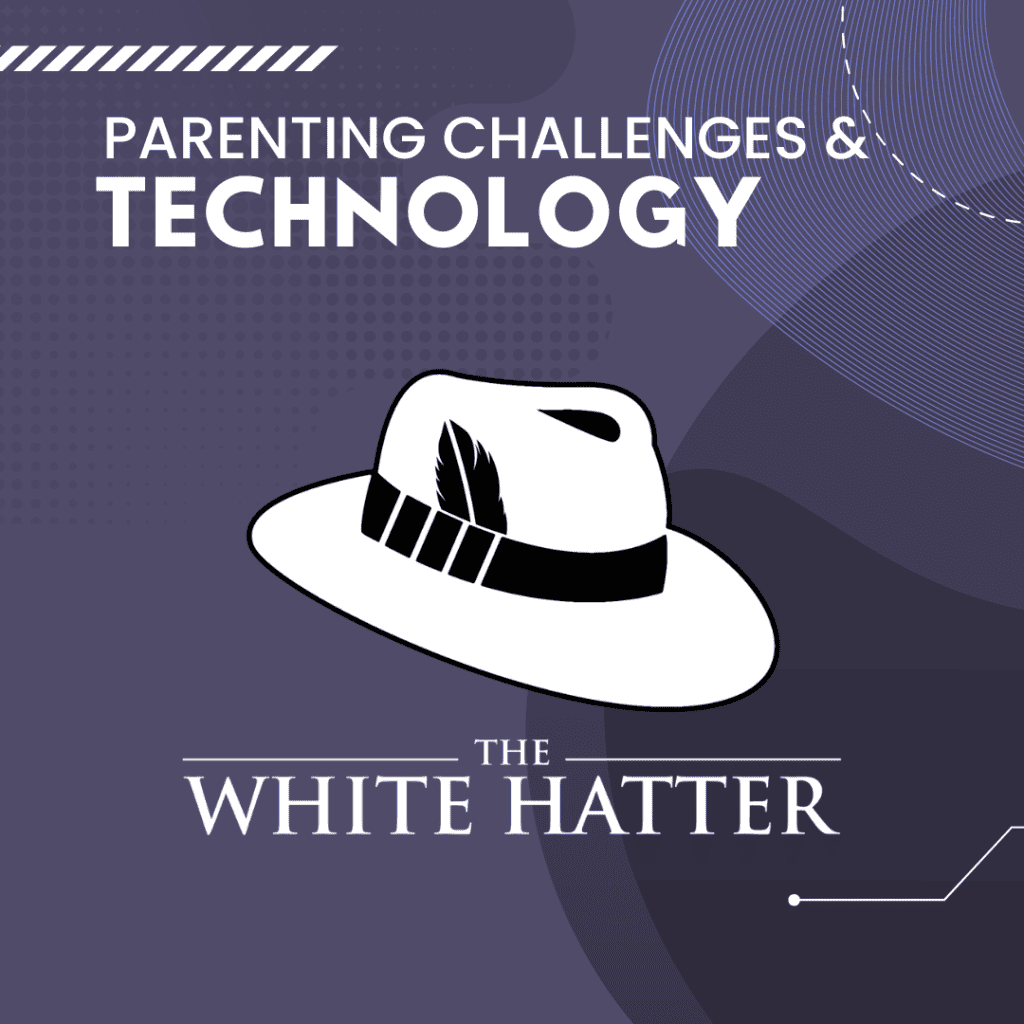Ongoing Parental Guidance and Mentorship Is Needed In Today’s Onlife World
- The White Hatter

- Mar 18, 2024
- 3 min read
Updated: May 7, 2025

In the fast-paced onlife world of today, our youth and teens are often living in the moment, not necessarily contemplating the future. This mindset can lead to impulsive actions, particularly when it comes to their use of technology. It's not uncommon for them to get caught up in the excitement of the moment, impulsively sending messages, images, or videos without fully considering the potential risks involved – youth and teens live for the here and now, and really don't think about the future.
However, this isn't entirely their fault, it's also the result of the biology of a developing youth's brain. The adolescent brain is wired to prioritize immediate rewards and sensations over long-term consequences – the brain’s brake pedal that says, “Stop don’t do that” isn’t fully developed yet. This means that sometimes, the ramifications of their actions don't become apparent until after they've hit, tapped, or clicked the send button and by then, it's often too late to retract or undo what has been done.
The true danger of technology lies in its unforgiving nature. There are no second chances, do-overs, or Mulligans once that send button is pressed. We can attempt to mitigate the emotional, psychological, physical, and social fallout from a poor tech decision, but much like a scar, it can fade over time, but the consequences may linger, visible to some despite efforts to move forward.
As parents, it's crucial that we recognize and empathize with the challenges our kids face in navigating their onlife world – something we adults created. Instead of assigning blame, we must focus on fostering understanding and resilience. Here are some thoughts we have to help guide our kids through the complexities of technology use:
Instead of reacting with anger or punishment when our kids make mistakes online, use these moments as opportunities for education and growth. Help them understand the potential risks and consequences of their actions in a supportive and non-judgmental manner.
Teach your kids to think critically about the content they encounter online. Encourage them to question the validity of information, consider the source, and think about the potential impact of their online interactions before hitting send.
Establish clear guidelines and expectations for your kid’s online behavior. Discuss rules around privacy, sharing personal information, and appropriate use of social media. Make sure they understand the importance of respecting others' boundaries and consent.
Be a positive role model for your kids when it comes to technology use. Demonstrate responsible online behavior, such as thinking before posting and respecting others' privacy. Show them that it's possible to enjoy technology while still being mindful of the potential risks involved.
Be there for your kid when they need support or guidance navigating the onlife world. Encourage open communication and let them know that you're always available to help them navigate tricky situations or answer questions about technology.
Above all, ensure that the technology your kid uses is appropriate for their age and stage of development. Smartphones, or what we call fusion phones, are designed for adults rather than pre-teens or younger teens. Even with parental controls in place, placing a fully functioning iPhone or Android phone in the hands of a young adolescent presents too many opportunities for negative outcomes. Instead, consider a minimalist phone as a preteen or younger teen’s first phone.
In navigating the onlife world with our kids, it's important for parents and caregivers to acknowledge the challenges they face in a world where the present often takes precedence over the future. Understanding that impulsive actions are not solely the result of a lack of personal discipline, but often a consequence of the developing adolescent brain, allows us to approach these situations with empathy and guidance rather than blame when it comes to their use of technology.
While technology offers countless opportunities for connection and growth, it also comes with inherent risks that can have lasting repercussions and consequences both good and bad. By fostering open communication, teaching critical thinking skills, and leading by example, we can empower our kids to make informed decisions online. Moreover, ensuring that the technology they use aligns with their age and maturity level is paramount in safeguarding their well-being – right tech at the right time!
By understanding the unique challenges our kids face in their onlife world and providing them with the support and guidance they need, we can help them develop the skills and resilience necessary to make responsible choices online. Together, we can empower our kids to thrive in an onlife world while minimizing the risks involved.
The principles we suggest in this posting do take time and effort on the part of a parent or caregiver, but the fact remains that this is our RESPONSIBILITY. Be your child’s best parent and not their best friend when it comes to the use of technology - that’s what makes us good tech parents!
Digital Food For Thought
The White Hatter














